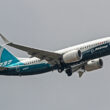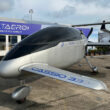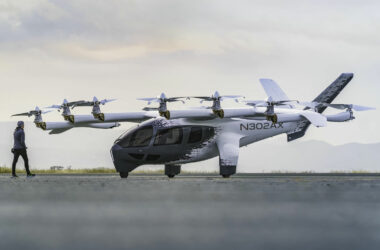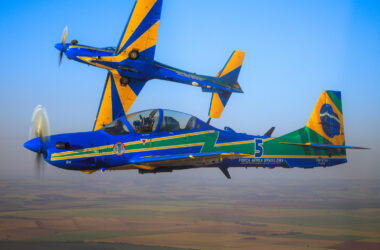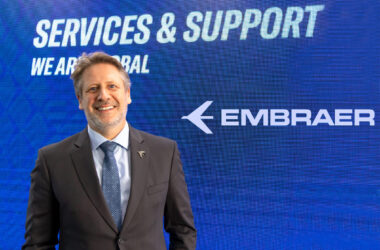Eve, Embraer’s urban mobility subsidiary, revealed three suppliers of its eVTOL, BAE Systems, DUC Propellers and Nidec Aerospace.
BAE Systems will be responsible for the “flying taxi” energy storage system. According to Eve, the solution will be integrated with the eVTOL and will allow the aircraft to operate efficiently with zero emissions and low noise – the company did not give details about the technology to be used.
DUC Hélice Propellers, in turn, will supply the rotors for the eight lift engines and cruising propellers. The company is headquartered in France but has facilities in the US.
Most popular posts
[wpp range=’last24hours’ wpp thumbnail_width=100 thumbnail_height=75 limit=3 stats_views=0 order_by=’views’]The third partner is Nidec Aerospace, a joint venture between Embraer and Nidec that has a more ambitious plan to supply electric motors for the Energia family and other electric models in the future.
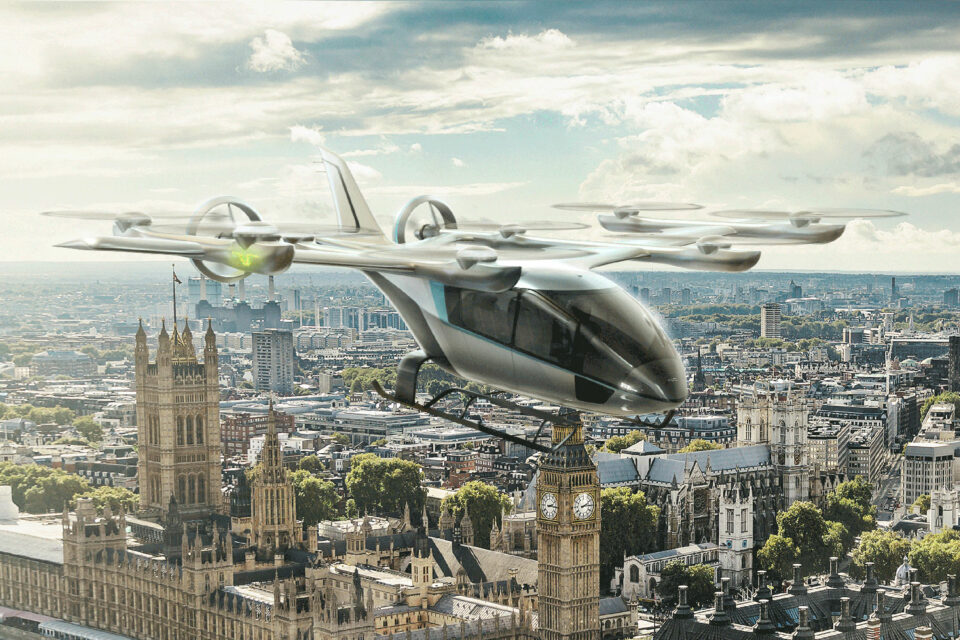
“The announcement of the first suppliers is an important milestone in the development of our eVTOL aircraft,” said Andre Stein, co-CEO of Eve.
“As we move toward entry into service, our goal is to produce and deliver a mature aircraft that not only exceeds expectations, but also allows our customers to operate safely and efficiently at the lowest operating cost.”
Follow ADN: Instagram | Twitter | Facebook
Suppliers of important systems such as flight control, avionics, air structure and energy management still need to be defined.
Assembly of the first eVTOL prototype is scheduled to start in the second half of 2023, with test flights taking place throughout 2024. Eve plans to put its eVTOL into service in 2026.


